Bruce Petty (1929-2023), political cartoonist, grew up in Melbourne and as a young man took night classes in art at RMIT. While he was there he came across a book of drawings by the Polish artist Feliks Topolski. 'I'd been struggling away with anatomy', Petty recollects, 'and here was a man who didn't bother about it, who got it right'. In 1954, aged 25 and having worked for the Herald and at an animation studio, Petty went to London. There, Punch started publishing his drawings, and he did some work in theatre design. En route home to Australia he stopped in New York and sold some drawings to the New Yorker and Esquire. Back in Melbourne, his cartoons were picked up by the Bulletin and the Australian Women's Weekly before, in 1961, he became the pollical cartoonist for Sydney's Daily Mirror. In 1965 he began his long career as resident cartoonist for the Australian and in 1976 he joined the Age. By this stage, he'd made the first of his animated films, Australian History and A Big Hand for Everyone, the latter a short critique of mass media blending animation, kinetic sculpture, film clips and acted segments. The short Leisure (1976) won him the Oscar for Best Animated Short Film. Following on from his 1997 book The Absurd Machine: A Cartoon History of the World, in 2002 he produced Human Contraptions, a series of ten short films on the evolution of institutions such as the law, education, finance and art. His film Global Haywire (2006), combining animation with documentary interviews, won him the Australian Film Institute Award for Best Documentary Director. Petty received the Walkey Award for Most Outstanding Contribution to Journalism in 2016.
Commissioned 2008
© Commonwealth of Australia
Bruce Petty (age 79 in 2008)



On one level The Companion talks about the most famous and frontline Australians, but on another it tells us about ourselves.
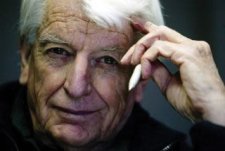
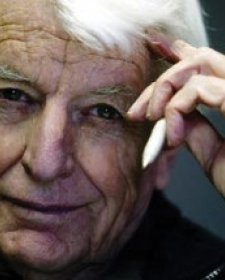
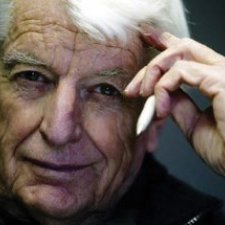
Bruce Petty's animated self portrait captures a life's journey compressed into a few minutes.
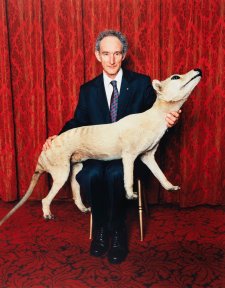
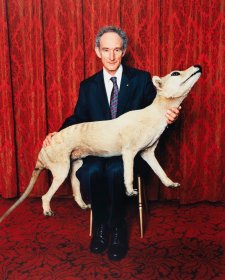
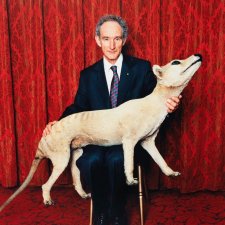
Celebrate the Gallery’s 20th birthday summer with Electric! Portraits that pop! The collection exhibition features a mix of bright, bold and colourful paintings, prints and photographs, and buoyant video portraits.